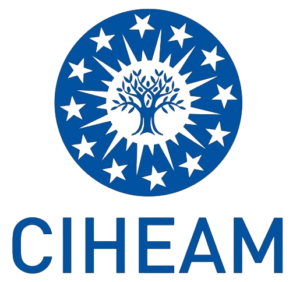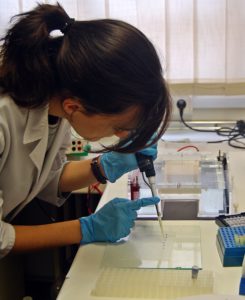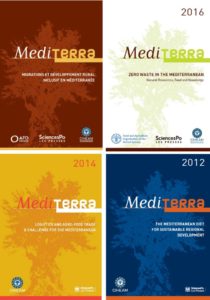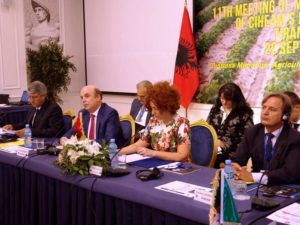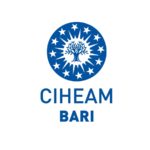In line with the SDGs adopted by the United Nations, the CIHEAM Action Plan for the Mediterranean (CAPMED 2025) constitutes our framework of actions for the Mediterranean

PILLAR 4: RESILIENCE TO CRISES AND TENSIONS
The Region holds some of the world records in terms of conflict, insecurity, demographic growth, unemployment, migration, food dependency, scarcity and depletion of natural resources and expected climate change impacts. The current displacement of populations is obliging us to see this phenomenon as a two-fold challenge. Firstly, we have to manage the humanitarian crisis. Secondly, we also need to look into a more distant future and identify the most effective instruments to alleviate tensions in the Mediterranean on the long term. Insecurity related to water, land and climate cannot be dissociated from economic and social migration and environmental problems.
In a context marked by trade intensification, acceleration of the mobility of population and goods and climate change, crops are becoming increasingly vulnerable to pests and diseases. This affects the key sectors of the economy and presents a series of emerging risks. The prevention and control of animal and plant diseases, the epidemiological surveillance and the animal and plant health information exchanges outside of each country’s borders are becoming more than ever essential for domestic production, export and import.
The majority of countries depend on agricultural imports. This makes them particularly vulnerable to international food price volatility. International and national actions can seek to mitigate food price volatility and its impacts on vulnerable people. On the long term, investing in the growth and resilience of agricultural productivity is fundamental to address food price volatility. Regional networks focusing on strategic commodities and the promotion of producer associations are therefore essential.



